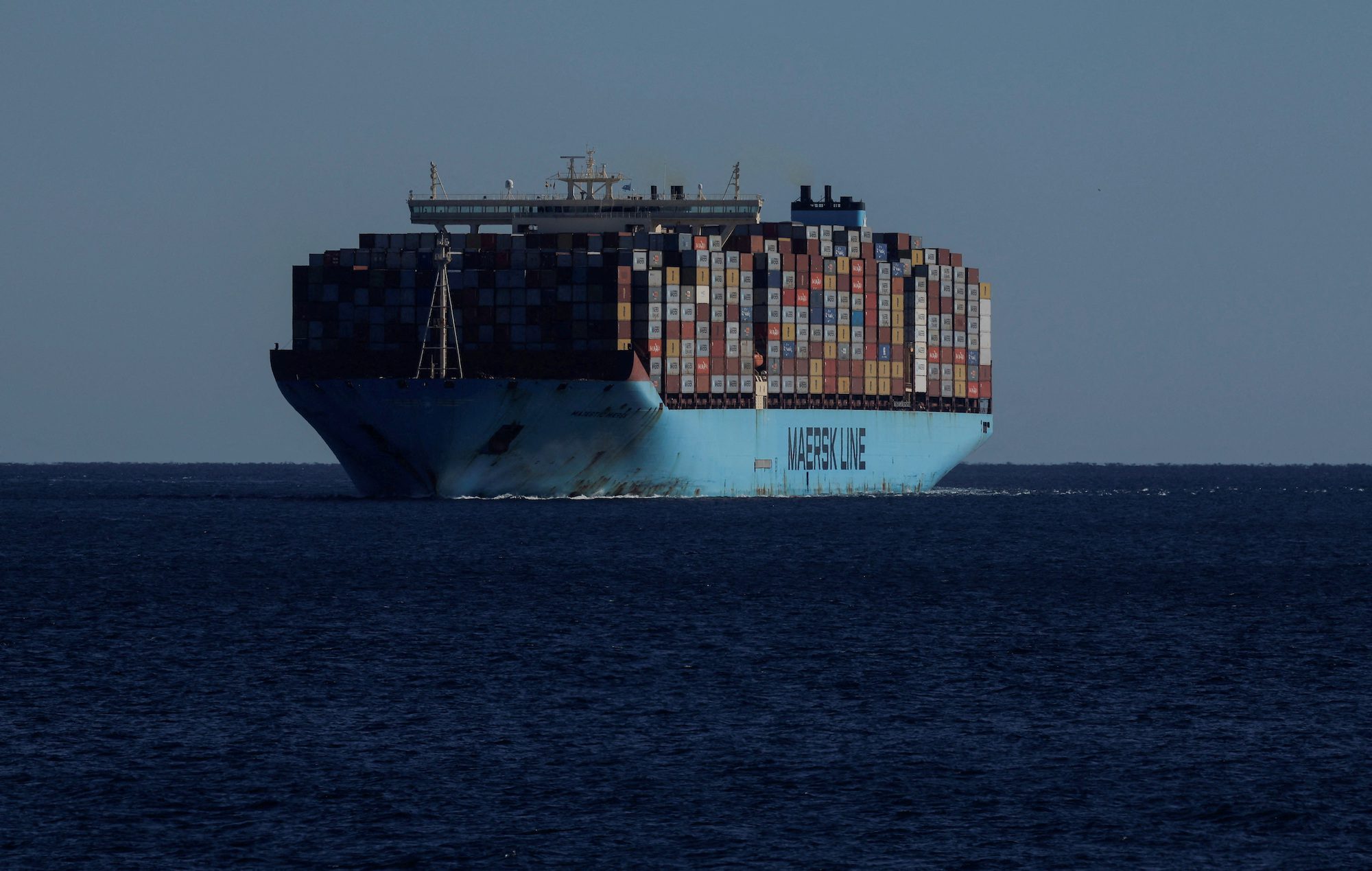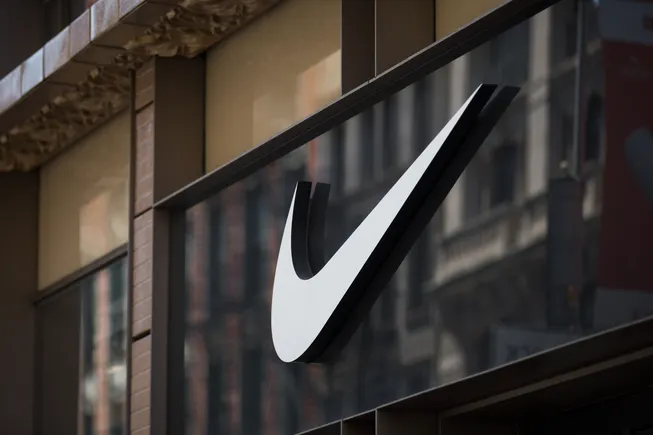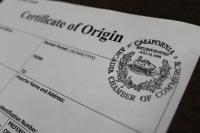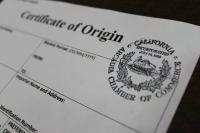UN SECURITY COUNCIL SOUNDS ALARM ON RISING THREATS TO MARITIME SECURITY
The United Nations Security Council convened Monday for a critical debate on maritime security, highlighting the escalating challenges facing global shipping lanes amid geopolitical tensions, piracy, and emerging cyber threats....
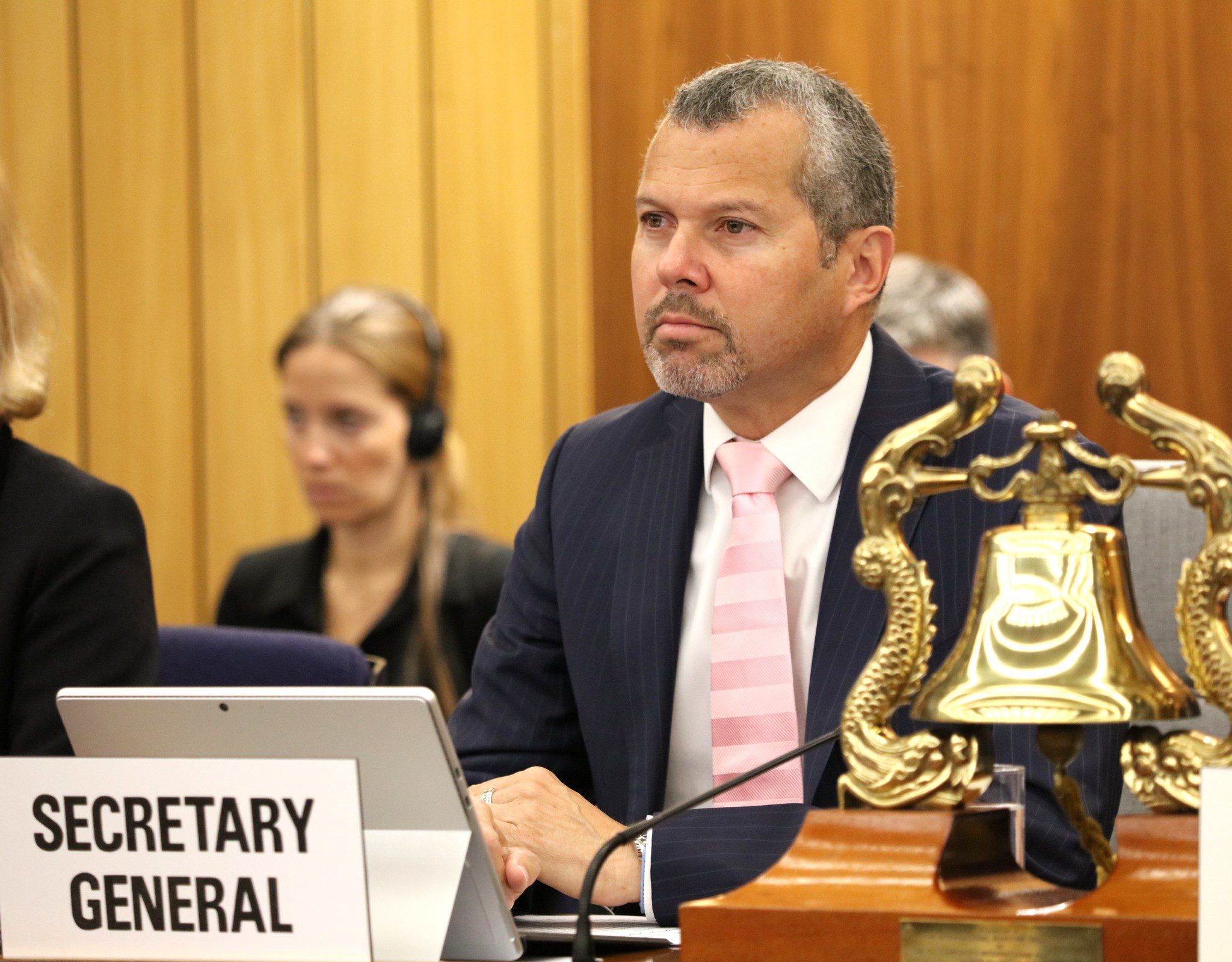
The United Nations Security Council convened Monday for a critical debate on maritime security, highlighting the escalating challenges facing global shipping lanes amid geopolitical tensions, piracy, and emerging cyber threats. The session, chaired by Panamanian President José Raúl Mulino as Security Council president for August, brought together key maritime stakeholders to address a sector that remains the backbone of global trade despite mounting pressures.
During his keynote address, Arsenio Dominguez, Secretary-General of the International Maritime Organization (IMO), highlighted the critical importance of the maritime industry, noting that “a workforce of just 1.9 million seafarers moved over 12.3 billion tonnes of goods” last year, essentially “keeping global trade afloat.”
While the maritime sector has demonstrated remarkable resilience against geopolitical challenges, Dominguez cautioned that “resilience cannot breed complacency,” stressing that “the safety and security of the maritime sector is fundamental to economic stability, sustainable maritime development and to livelihoods.”
The threats facing maritime shipping are diverse and growing. Nearly 150 incidents of piracy and armed robbery were reported in 2024 alone, with hotspots including Southeast Asia, the Indian Ocean, and West Africa. Beyond traditional piracy, vessels transiting the Red Sea have faced attacks related to the Gaza conflict, while trafficking of drugs, endangered wildlife, and weapons continues to proliferate.
INTERPOL Secretary General Valdecy Urquiza described maritime routes as “the world’s first truly global network,” connecting distant shores for millennia, but warned these same networks are increasingly exploited by criminal organizations. He highlighted the growing concern of “poly-criminality at sea” making enforcement increasingly complex.
As ports embrace digitalization through automated vessel management and cargo tracking, a new vulnerability has emerged. “Ports are facing a wave of cyber intrusions targeting the power, communication and logistics systems they rely on,” Urquiza warned, adding that “cybercriminals can weaponise artificial intelligence to attack with greater speed, scale and precision.”
In response, the IMO has developed mandatory requirements including the 2004 International Ship and Port Facility Security Code, the 2005 revised protocols for the Suppression of Unlawful Acts at Sea, and cybersecurity requirements for Safety Management Systems.The organization has also established partnerships with the UN Office on Drugs and Crime, INTERPOL, and regional entities to strengthen national capabilities and build trust across maritime borders.
“Maritime safety and security and environmental stewardship go hand in hand,” said Dominguez. “Support for countries to develop and enhance response capabilities for maritime pollution incidents including from oil spills is ongoing.”
The Council also heard from Ricaurte Vásquez Morales, CEO of the Panama Canal Authority, who shared insights from “one of the most emblematic channels for human cooperation.” He highlighted the Canal’s principles-based neutrality as a key to its success: “The Panama Canal is governed by an international treaty which safeguards equal access to all nations in times of peace or war.”
The Panama Canal, now under Panamanian administration for 25 years, has seen significant development, including the completion of a third set of locks in 2016 that increased cargo volume by 50% while maintaining an annual transit of approximately 13,500 vessels. Vásquez Morales noted this achievement comes amid ongoing tensions, with recent high-profile disagreements between the United States and China regarding influence over the strategic waterway. U.S. President Donald Trump had previously criticized Chinese influence over the canal, even threatening to “take back” the waterway while falsely claiming Beijing controlled it – assertions that Panama’s government has firmly rejected.
Climate adaptation has become another crucial focus for the Canal, which experienced a significant drought over the past two years. This “global wake-up call” prompted water conservation efforts, logistical adjustments, and the construction of an artificial lake. “Today, the canal boasts technologies that strengthen climate resilience,” Vásquez Morales reported, adding that it “creates financial mechanisms and ensures water and environmental security, while at the same time implementing efficient governance to harness the rapid progress in artificial intelligence and collaborating to strengthen cyber security.”
Concluding the debate, Dominguez emphasized that addressing maritime security challenges requires a multilateral approach: “When geopolitical tensions disrupt shipping and innocent seafarers lose their lives, as we have seen recently in the Red Sea Area and during 2024, the only way forward is constructive dialogue. Maritime security is not just technical – it is deeply human.”He added, “Multilateralism is key here. Maritime security is a shared responsibility. The ocean connects us all.”
As global shipping continues to face evolving threats from piracy to cyber attacks, and strategic waterways like the Panama Canal navigate geopolitical tensions and climate challenges, the UN Security Council debate underscored that securing maritime routes remains essential not just for trade, but for global peace and stability.
Mike Schuler


